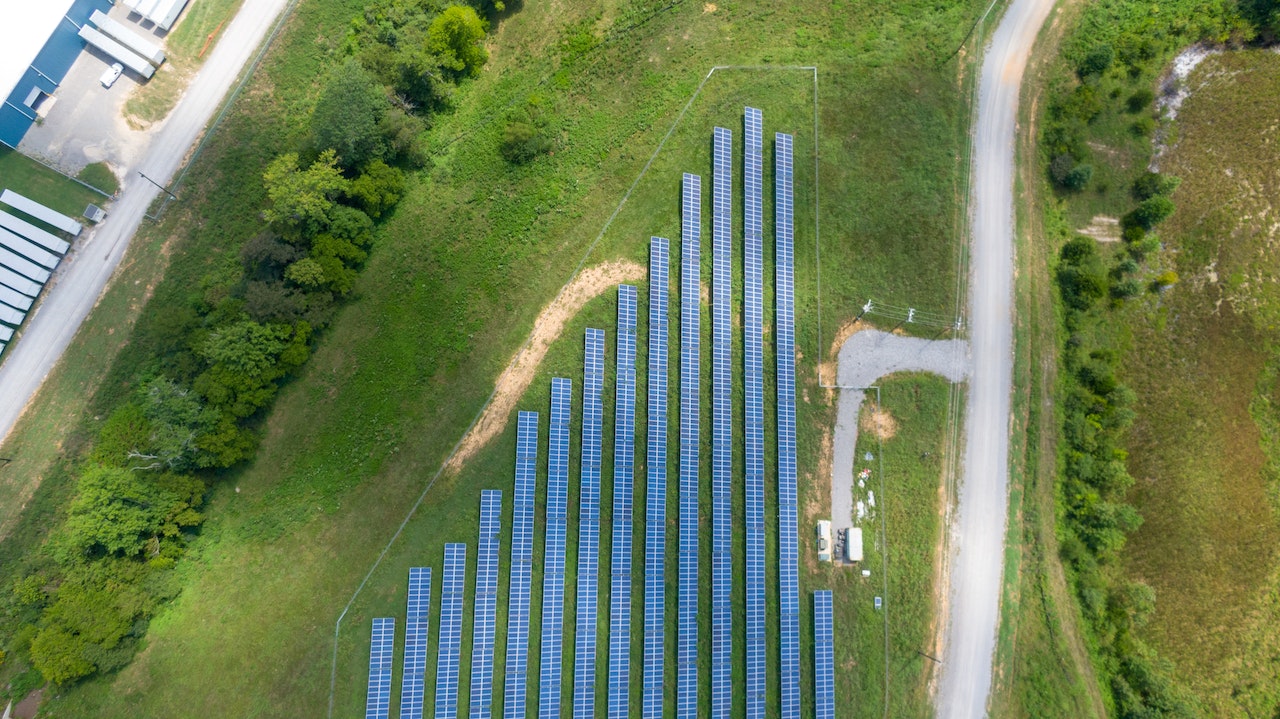Surety Bond Professionals is a family owned and operated bonding agency with over 30 years of experience. With access to a broad range of surety markets, our expert agents are ready to assist with all of your construction bond needs.
Benefits of Integrating Solar Technology into Building Processes
The key to success in the construction industry is to provide clients with what they need and want while maintaining high quality at a reasonable price. In the 2020s, renewable energy will be a top priority for both residential and commercial building projects, and solar panel installation will be a popular way for homeowners and businesses to reduce their carbon footprint.
Integrating solar technology during construction or remodeling offers benefits for all parties involved—builders, clients, municipalities, and the planet itself. Below we have 10 reasons to install solar panels in your next build.
Reasons to Install Solar Panels
Benefits for Builders
- Builders can lower their own operating costs and reduce their carbon emissions by adopting renewable energy for operating tools and equipment.
- The federal government and many states offer tax rebates and other financial incentives for the purchase of solar energy systems, but those incentives are for a builder’s clients, not for builders themselves. However, builders are able to integrate solar panels into the structures they build or remodel to make it possible for their clients to qualify for those incentives. Offering that capability has proven to be a good way to grow a construction business.
- Builders may also qualify for certain tax advantages when they install solar panels on their own premises or purchase tools and equipment powered by solar energy.
Benefits for Clients
- Installing solar panels saves clients’ money. As noted, both residential and commercial clients may qualify for financial incentives in the form of solar energy credits, tax credits, tax rebates, performance-based rebates, state tax exemptions, and savings on their utility bills. They can also earn income by selling their excess energy back to the local grid.
- Ecologically-minded clients gain the satisfaction of knowing that they are making an environmentally responsible choice. That is a core value for many people.
Benefits for Communities and Municipalities
- The local economy benefits from larger solar energy systems, such as solar farms, that produce excess energy and feed it back into the local grid for local use.
- As construction companies grow and need to hire solar panel installers, new jobs are created—skilled jobs that typically pay high hourly wages.
Benefits for the Environment
- Solar-generated electricity, unlike electricity generated from fossil fuels, is sustainable, meaning that it comes from an unlimited energy source—sunlight.
- Additionally, extracting fossil fuels requires vast amounts of water, and local water sources can become contaminated as a result. Solar power eliminates that risk.
- Relying on solar-generated electricity reduces carbon emissions into the atmosphere, which is essential to the long-term health of all ecosystems on Earth.
Solar Bonds May Be Required
In most jurisdictions, builders that offer solar panel installation are required to provide the project owner with certain types of surety bonds referred to collectively as solar bonds. The most common are solar power performance bonds, maintenance bonds, and decommissioning bonds. There are a couple of less commonly required solar bonds as well: right of way bonds and customs bonds.
Solar Power Performance Bonds
Like the performance bonds, construction firms are required to provide for other kinds of building projects, a solar power performance bond is a builder’s guarantee to complete a project according to the terms of the contract with the project owner. Failure to do so entitles the project owner to file a claim against the bond for monetary damages.
Maintenance Bonds
A solar maintenance bond (sometimes called a solar operations bond) is a builder’s guarantee to maintain and service a solar system after installation.
Decommissioning Bonds
A decommissioning bond (also referred to as a restoration bond) is a common requirement, particularly for larger solar generating facilities. It’s a long-term guarantee by the builder to decommission a facility when it reaches the end of its lifespan, typically in about 25 years. A decommissioning bond also requires the builder to remove the solar system components and restore the site to its original condition.
Right of Way Bonds
A right of way bond is required only when installing solar panels involves working alongside a road, highway, sidewalk, or other public property. In such cases, a right of way bond is a requirement for obtaining a permit from the local or state government entity with jurisdiction over the land in question. The bond ensures compliance with the terms of the permit and remediation of any damage that occurs during installation.
Custom Bonds
A builder can be required to purchase a customs bond to guarantee payment of taxes, duties, or fines imposed by the U.S. government on imported solar panels or other imported components of a solar system.
Get A Quote
Our surety bond professionals will get you the solar bonds you need at a competitive rate.





